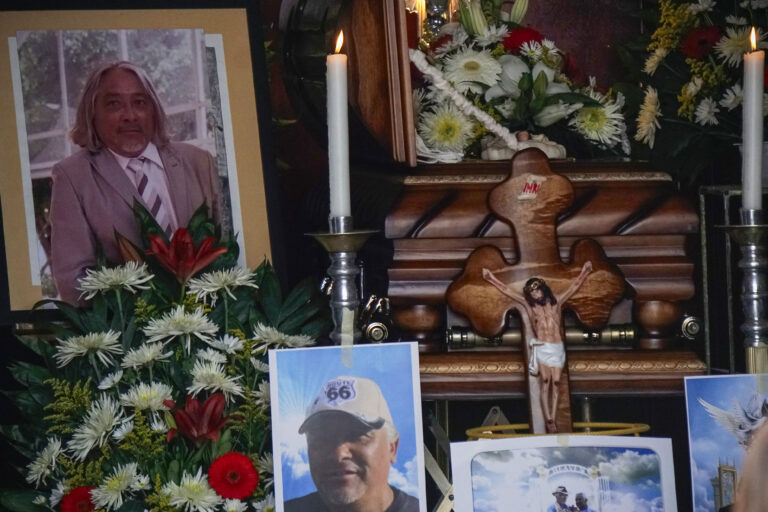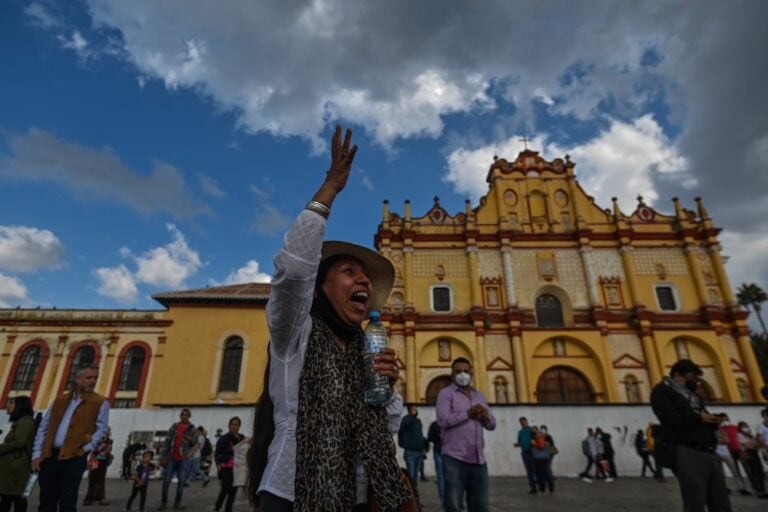This policy of criminalising unauthorised radio broadcasting has been deemed disproportional by both the UN and IACHR freedom of expression rapporteurs.
(AMARC/IFEX) – 22 March 2011 -The Mexican government is continuing with its policy of closing radio stations and bringing lawsuits against them alleging they are using radio frequencies without authorisation, instead of creating legislation and public policies that generate conditions for the legal existence of the broadcasters, as has been recommended by various international human rights bodies.
According to information from various radio stations, two stations were recently closed in the states of Puebla and Veracruz, in the presence of Federal Telecommunications Commission (Comisión Federal de Telecomunicaciones, Cofetel) experts accompanied by officers of the Federal Investigation Agency and the Federal Preventive Police, as well as people identified as being linked to local commercial radio stations.
In Xaltepec, Puebla (eastern Mexico), approximately 30 officers in six vehicles, as well as an armoured personnel carrier, positioned themselves at the entrance to the town “to stop residents preventing the closure of the station”. The Cofetel officers then went to the Radio Xalli offices and, without presenting any order or written document, asked the station’s director to show them the station’s operating licence. The rural station got its licence in February 2010 from Cofetel, so the commission’s intimidating visit was completely unnecessary, given that Cofetel already had all the information they were looking for.
In another incident, Cofetel operatives arrived at the location of the former offices of Radio Diversidad, in Paso del Macho, Veracruz. The station has been closed since sometime in 2010 when it was violently shut down. As a result of the closure, two of the station’s members are being prosecuted under Article 150 of a law on national wellbeing which stipulates jail sentences for people who operate a national service such as a radio station without a licence. This policy of criminalising unauthorised radio broadcasting has been deemed disproportional by the United Nations and Inter-American Commission on Human Rights freedom of expression rapporteurs.
AMARC calls on authorities to stop the criminalisation of community radio stations and look for ways to increase diversity in the voices reflected in Mexican media.
(Please note this is an abridged translation.)


